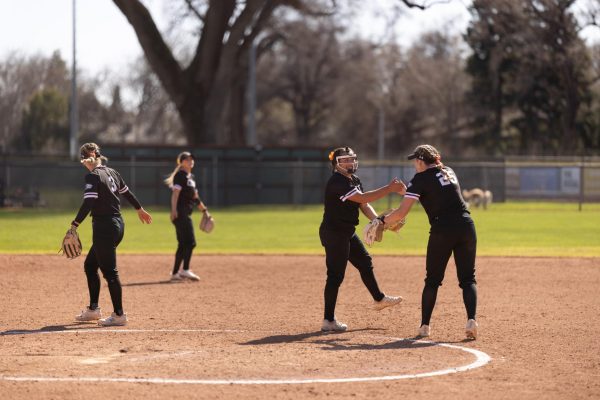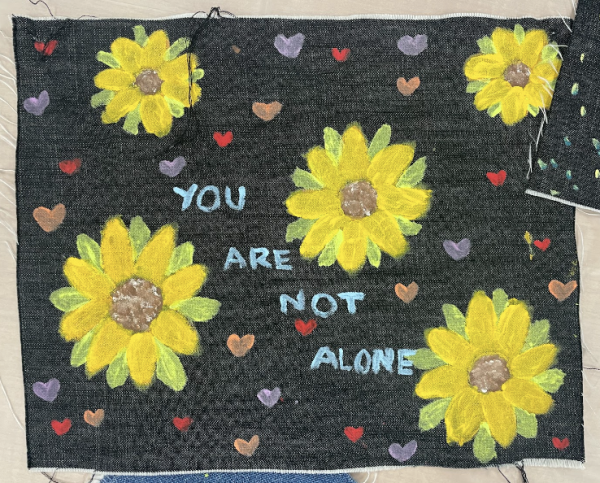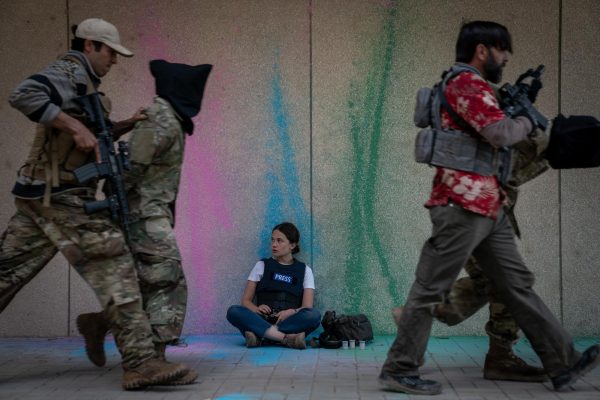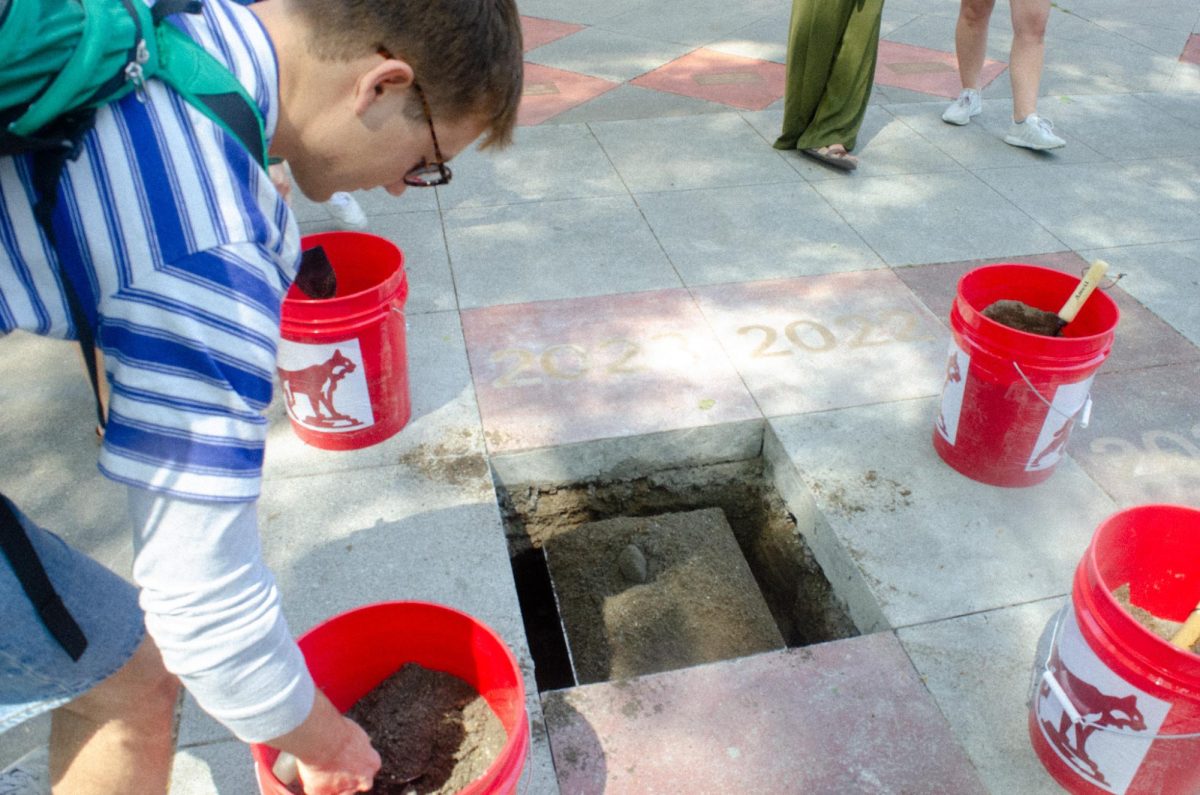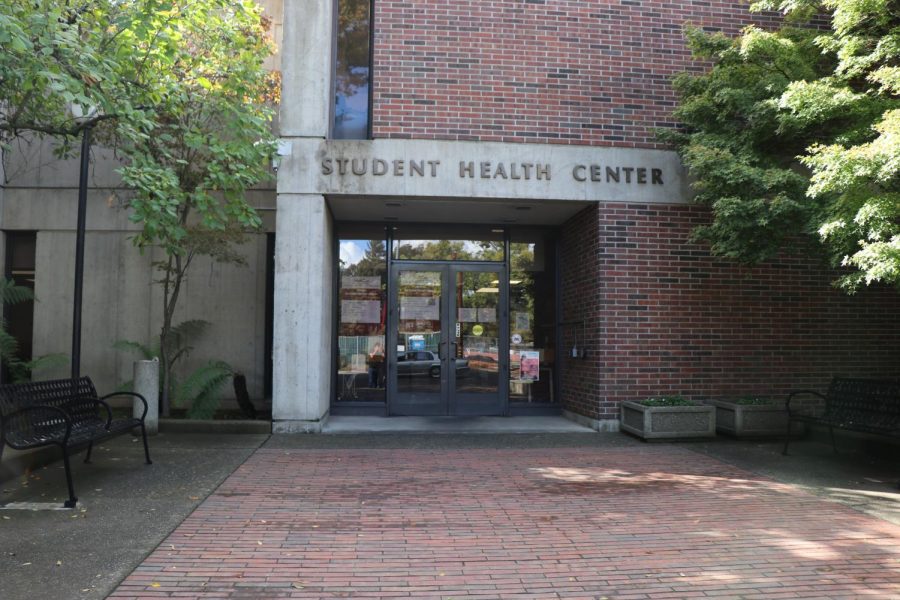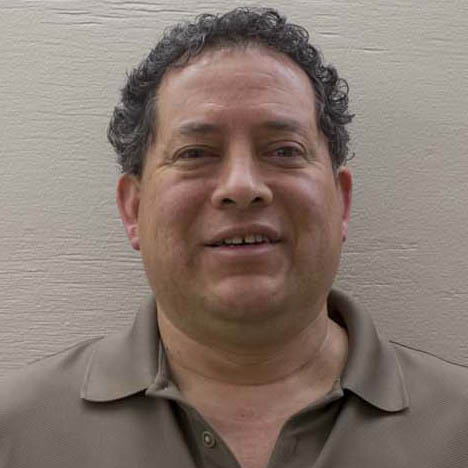
A Chico State employee spends nights awake in bed.
The next day at work, the employee is welcomed by threats from a supervisor and singled out — micromanaged and stripped of the ability to make work-related decisions. Disturbing comments are made behind closed doors. Performance evaluations are held when no one else is in the office.
“I’m actually ill from all this. I can’t sleep at night. I cry as soon as I leave work. I’m paranoid that my supervisor will come into my office and fire me,” wrote the employee in a set of anonymous comments prepared by a labor union representative for Chico State.
Bullied high school students often make the news, but what about university employees?
Tom Dimitre, Chico State’s labor representative for the California State University Employees Union, spends 30-40 percent of his time handling union members’ bullying complaints, he said.
He works with employees in the Student Health Center and Facilities Management and Services, which Dimitre said generate the most bullying complaints. Clerical personnel are also common, he said.
These employees aren’t the only ones who face bullies, said Vincent Ornelas, Chico State’s former president for California Faculty Association’s Chico State chapter.
Ornelas constantly heard bullying complaints during his two-year term leading the union chapter, which handles lecturers, coaches, librarians and counselors, he said.
Combined, the two unions include 95 percent of campus employees, and both Ornelas and Dimitre agree — bullying is an issue at Chico State.
Often, the bullying comes from a supervisor or someone above, which complicates things.
“I definitely worked with a supervisor who was a bully,” wrote another anonymous Chico State employee. “She would use my job evaluations to devalue me as an employee and made me feel like a substandard person. I have never had someone treat me that way before.”
An employee may claim a workload increase or yelling is bullying, but a supervisor may disagree, Ornelas said.
Some employees reported to Dimitre that bullies called them names, shut doors in their faces, hovered over them intimidatingly, verbally harassed them and caused them depression, he said.
“My whole life was affected by the way this one person thought of me and treated me,” wrote another employee. “I was literally sick to my stomach going in to work every day. Even my personal life suffered. I was so unhappy that I believe I had started to become depressed.”
Some employees have even taken sick leave to deal with their stress-related health issues connected to bullying, Dimitre said.
Mike Shuell, a local psychologist, counsels employees through the Employee Assistance Program.
Stress levels and health are directly linked, especially after long-term exposure, because it reduces the immune system’s ability to fight, Shuell said.
“I see a lot of people who are dealing with stress and stressful interaction with others,” he said.
However, the blurred definition of bullying makes it difficult for him to call a “stressful interaction” bullying.
Identifying bullying isn’t a simple task, said Dylan Saake, the campus director of labor relations.
The Policy on Campus Behavior and Violence a defines bullying as “intentional intimidation or infliction of emotional distress, characterized by verbal abuses, derogatory remarks, insults and epithets, verbal and physical behavior that a reasonable person would find threatening, intimidating or humiliating; intentional sabotage of an employee’s work performance.”
However, colleagues bully each other, too. People who share a space and have different teaching ideas may not speak for years, Ornelas said.
The Campus Violence Consultation Team has received 13 bullying complaints that included “erratic behavior,” “patterns of aggressive behavior” or “threatening behavior” since April 2012, according to a report. But because of fear, many instances go unreported.
“I was told to work against the union contract or they would not keep me on,” wrote an employee. “If I were to hold Chico State (both middle management as well as human resources) to its promises, the administration would fire me. On several occasions, I was verbally harassed by my immediate supervisor.”
None of it was officially reported for fear of repercussions, the employee wrote.
“If I were ever to be labeled a ‘trouble-maker’ then my career at Chico State would be shot,” he or she wrote.
Employees don’t want to be labeled as “trouble-makers” because people will stop talking to them, said Marjorie Bommersbach, the CFA affirmative action chair.
Even so, Saake encourages employees to come forward with these issues to begin an investigation.
However, no bullying complaints have been confirmed, Dimitre said.
“The process doesn’t work very well,” he said. “They do investigate, but there’s no remedy that seeks to solve the problem.”
Chico State is not alone with this problem. The California State University board of trustee’s meeting on March 25 addressed the systemwide issue of institutional bullying, at which several labor members from different campuses discussed their experiences.
John Orr, a union representative of employees in clerical and administrative support services at Cal State Fullerton, was the first to mention it at the meeting.
“Bullying is a disease,” he said at the meeting. “It spreads from campus to campus, from department to department.”
Yessenia Funes can be reached at newseditor@theorion or @yessfun on Twitter.
